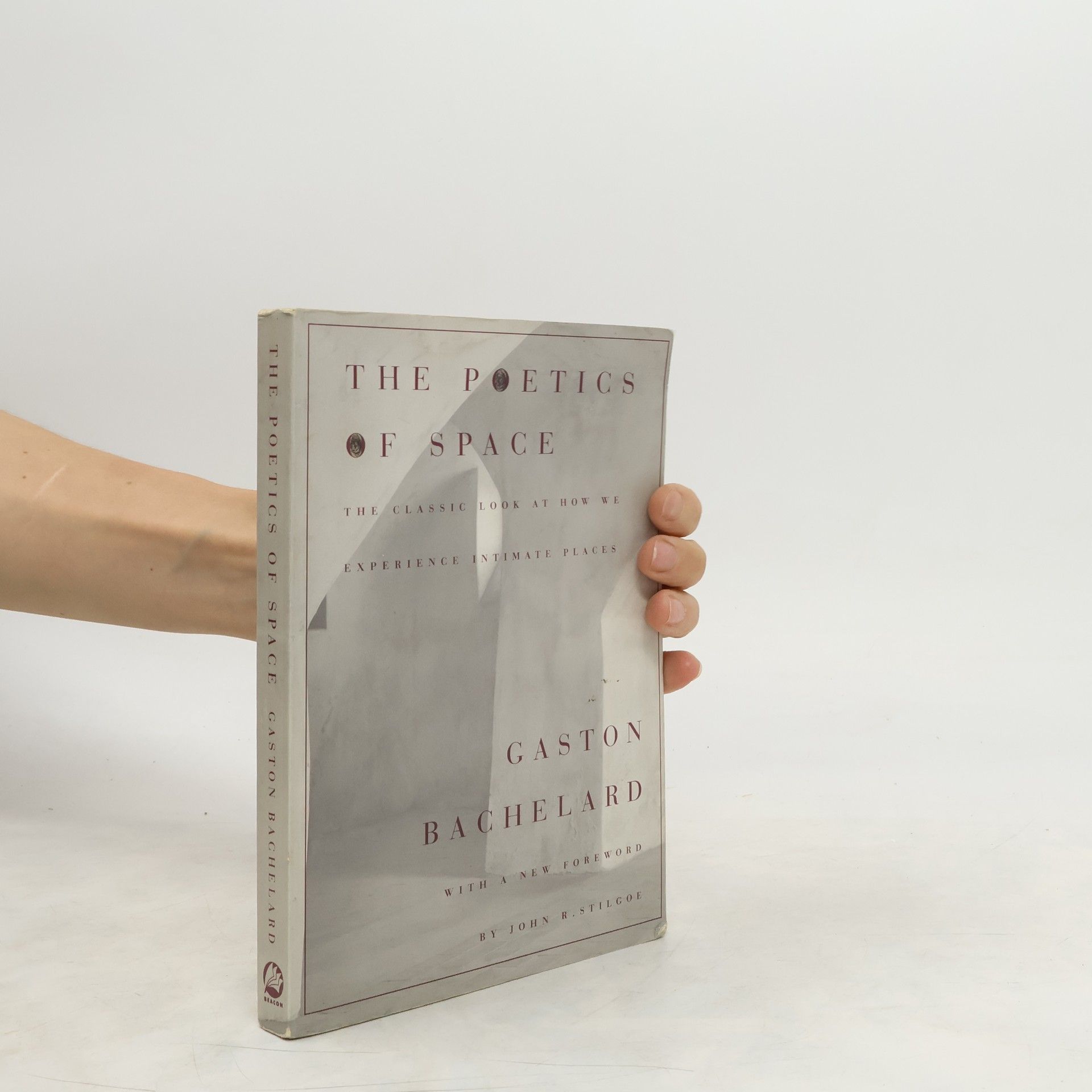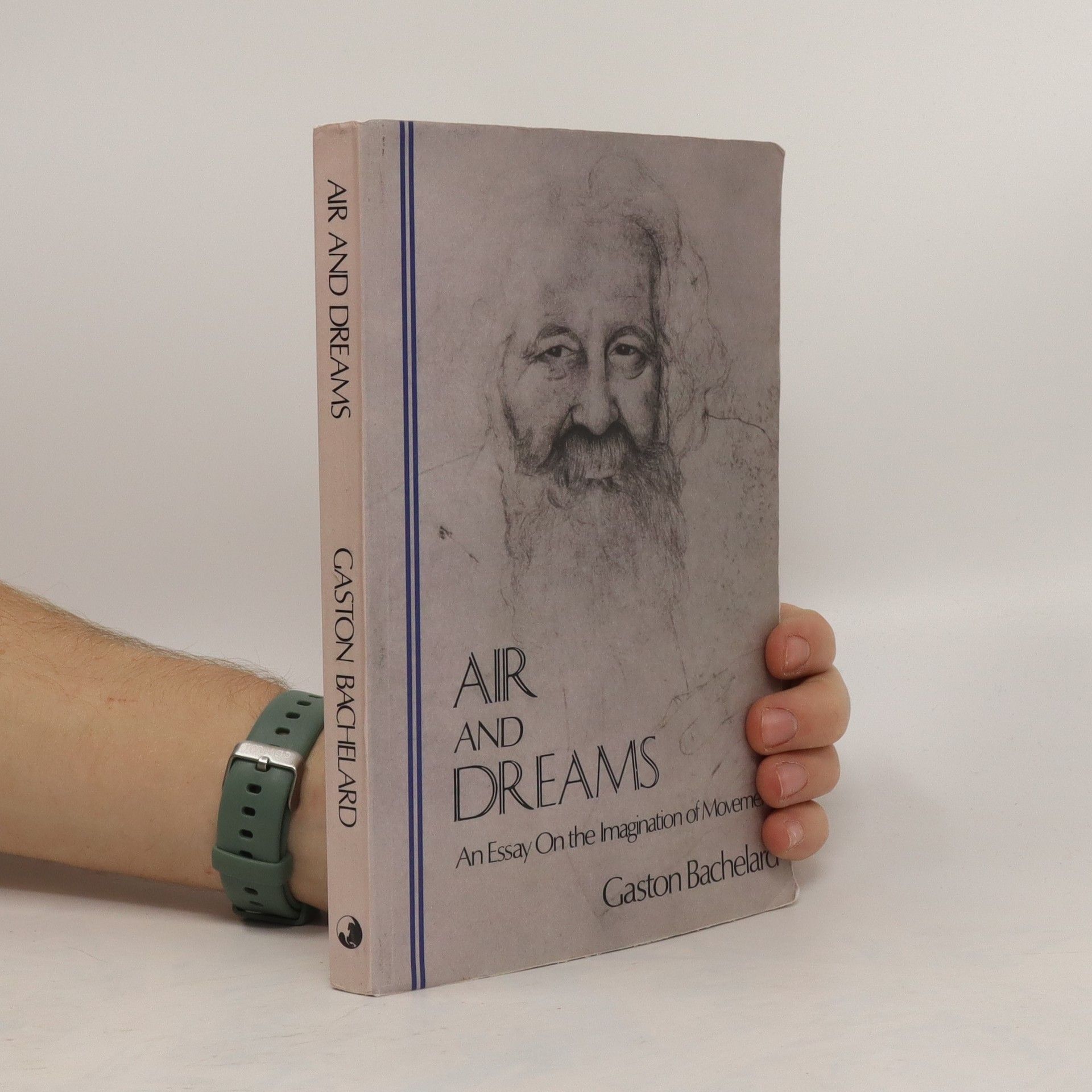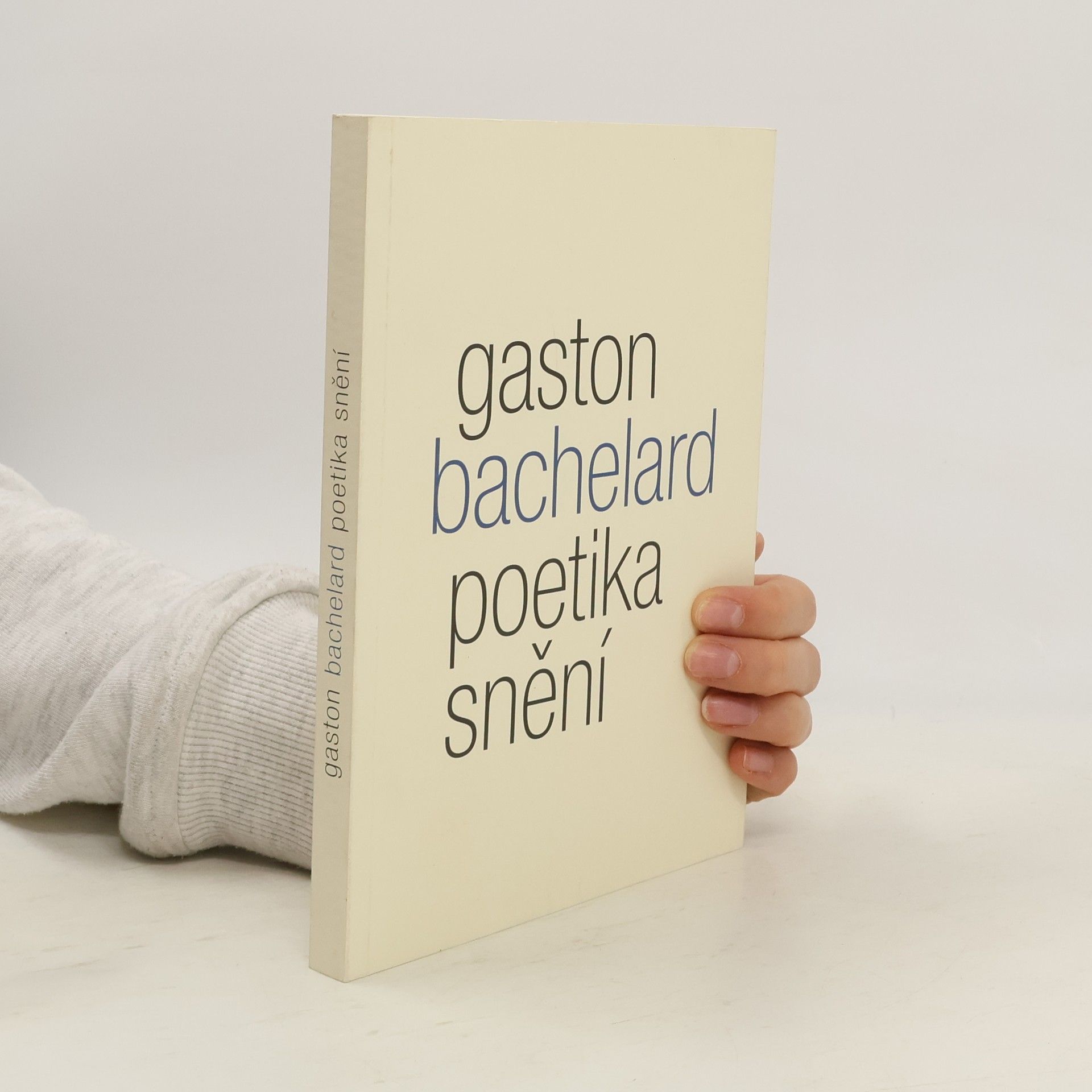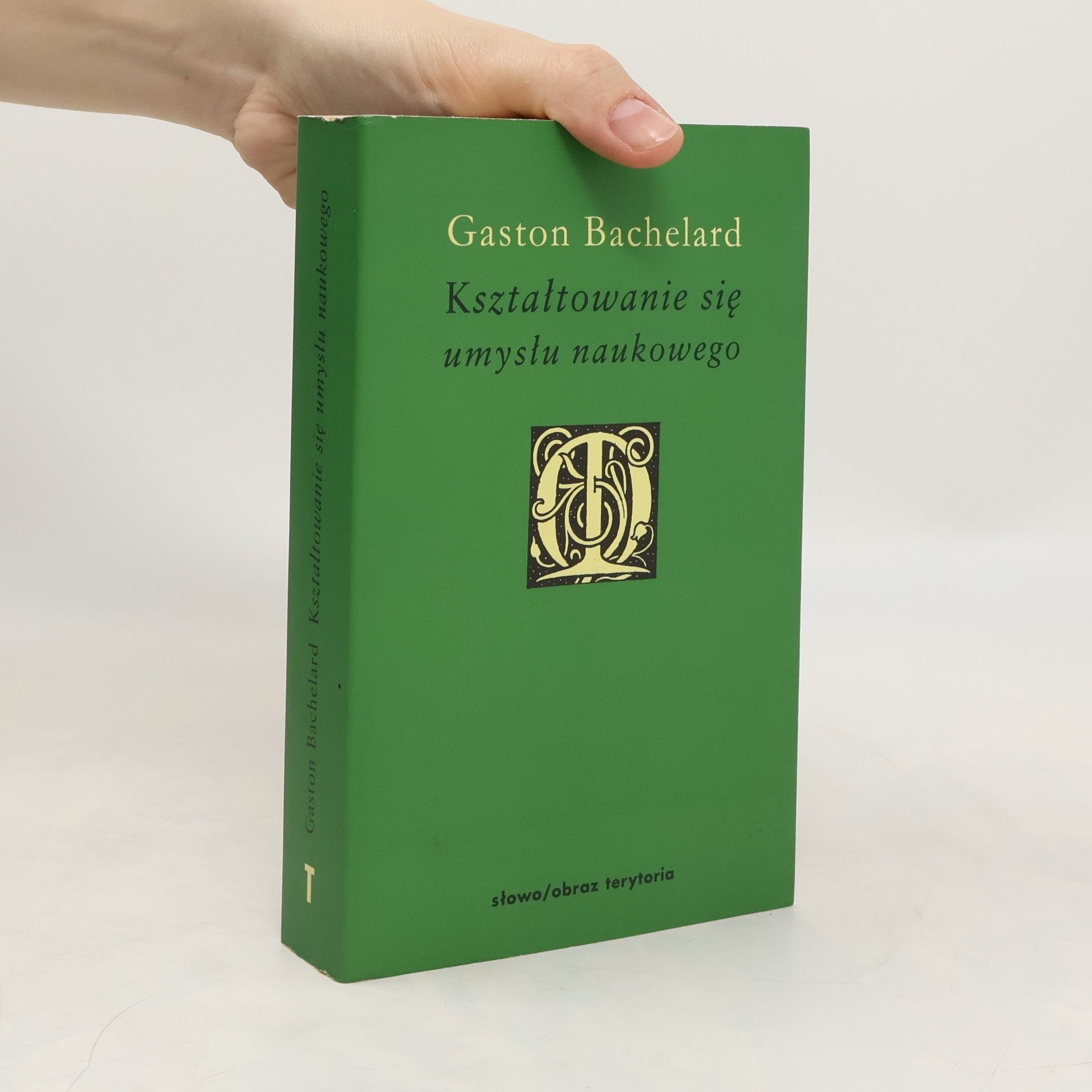En El aire y los sueños el lector encontrará, tratada con un sentido eminentemente lírico, la función de la poesía y sus estrechas relaciones con lo imaginario. La imaginación no sólo es la facultad de formar imágenes, sino de transformarlas en una movilidad constante. "Si no hay cambio de imágenes -escribe el autor-, unión inesperada de imágenes, no hay imaginación, no hay imaginante". Desde la psicología y la filosofía, Bachelard aborda ese problema con el fin de descubrir cómo el poeta une el dinamismo psíquico y la reflexión filosófica en la imagen poética. Además de ser una forma de comunicación, las palabras adquieren en la poesía nuevos significados y se unen a los símbolos y a los pensamientos para constituir los tres planos en que se expresa la realidad de lo "poético". Mas la poesía, cree Bachelard, no es simplemente lo que sus palabras describen ni lo que evocan ni lo que afirman; por debajo del verso y de su significado, prevalece el silencio que es un pensamiento oculto, secreto, aflorado desde sus raíces hundidas en el sueño. Así, ni la grandilocuencia ni la declamación ni la sonoridad definen lo poético.
Gaston Bachelard Book order (chronological)
Gaston Bachelard was a French philosopher who rose to prominence within the French academic world. His most significant contributions lie in the realms of poetics and the philosophy of science. Within the philosophy of science, he introduced seminal concepts such as the epistemological obstacle and the epistemological break. His intellectual legacy profoundly influenced many subsequent French thinkers, including Michel Foucault and Louis Althusser.







On Poetic Imagination and Reverie
- 162 pages
- 6 hours of reading
Passages from Bachelard's major works are introduced here in excerpts selected by Colette Gaudin, a professor of French literature at Dartmouth College and an authority on Bachelard
Exploring the intersection of metaphysics and modern atomistic science, this English translation of Bachelard's sixth book delves into the philosophical underpinnings that shape contemporary scientific thought. The author aims to construct a framework that reconciles the complexities of modern science with deeper metaphysical concepts, offering readers a unique perspective on the nature of reality and knowledge.
Nový vědecký duch a další eseje
- 766 pages
- 27 hours of reading
První český výbor z Bachelardových epistemologických prací obsahuje čtyři zásadní Bachelardovy knihy: Nový vědecký duch (1934), Filosofie ne (1940), Aplikovaný racionalismus (1949) a Materiální racionalismus (1953). Ve své epistemologické tvorbě se Bachelard snaží formulovat prostřední pozici mezi extrémy materialismu a idealismu. Tuto pozici označuje jako racionalistickou, oproti uzavřenému karteziánství se má ale jednat o racionalismus otevřený, neustále připravený sebe sama přehodnocovat. Důležitým nástrojem jsou k tomu výdobytky psychoanalýzy, které vědeckému duchu umožňují překonávat epistemologické překážky. V návaznosti na tuto psychoanalýzu začne následně Bachelard rozvíjet druhou stranu svého díla, spisy rozvíjející poetickou imaginaci jako jakýsi protipól komplementární k vědeckému uchopování světa.
The Dialectic of Duration
- 162 pages
- 6 hours of reading
Exploring the nature of time, Gaston Bachelard responds to Henri Bergson's theories by presenting a view of experienced time as fractured and interrupted. This work lays the foundation for Bachelard's innovative philosophy of science, emphasizing the importance of human context and the interplay between rationality and the irrational. Through this lens, he challenges conventional perceptions of the physical world and material events, offering a profound rethinking of scientific philosophy.
Intuition of the Instant
- 98 pages
- 4 hours of reading
The instant -- The problem of habit and discontinuous time -- The idea of progress and the intuition of discontinuous time -- Conclusion -- Appendix A: "Poetic instant and metaphysical instant" by Gaston Bachelard -- Appendix B: Reading Bachelard reading Siloe: an excerpt from "Introduction to Bachelard's poetics" by Jean Lescure -- Appendix C: A short biography of Gaston Bachelard
Bachelardovo dílo zkoumající poetiku živlů a samotného prostoru nachází završení v této knize, jež se věnuje fenomenologii snění a jeho obrazů.
The Flame of a Candle
- 110 pages
- 4 hours of reading
Set in a world of intrigue and passion, the narrative unfolds around the complexities of human relationships and the struggles of self-identity. Through the lens of its characters, the story explores themes of love, betrayal, and the quest for understanding amidst societal expectations. The emotional depth and vivid imagery create a captivating atmosphere that draws readers into the characters' journeys, making it a poignant reflection on the fragility of life and the enduring power of hope.
Kształtowanie się umysłu naukowego
przyczynek do psychoanalizy wiedzy obiektywnej
- 400 pages
- 14 hours of reading
Voda a sny: Esej o obraznosti hmoty
- 233 pages
- 9 hours of reading
Voda a sny je velký esej, v němž se autor přiznává k vlastním prožitkům, osobním a subjektivním, je to on, kdo sedí u potoka, upadá do hlubokého snění a cítí „dávné štěstí“. Dává přednost obyčejným vodám před vodou moří, nehledá nekonečno, hledá hloubku, chce proniknout ke „kořenům obrazivé síly“. Dezobjektivizace je jeho filosofickým úkolem. Nevidíme-li za objekty hmotu, svět se rozpadá, je nesourodý, cizí člověku, „duše trpí úbytkem materiální obraznosti“. Bachelard objevuje tuto obraznost u básníků, kteří jsou věrní prvotnímu lidskému citu, niterným vzpomínkám, původní realitě. S jistou předností mezi mnoha literárními zjevy studuje dílo E. A. Poea, poznamenané vzpomínkou na umírající matku.




